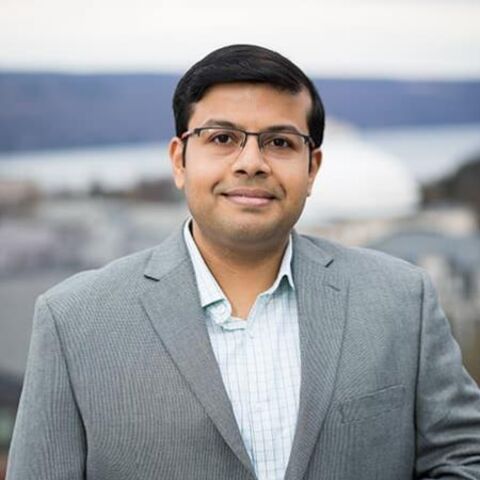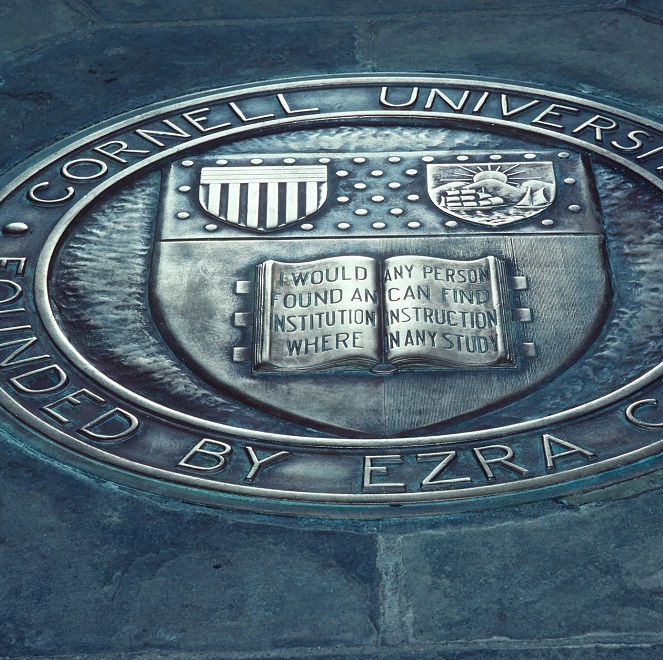News
Full listing
February 15, 2023
Chowdhury is a theoretical physicist interested in addressing the fundamental principles that govern the emergence of new collective phenomena involving trillions of interacting electrons in solid-state materials. His main focus is developing theoretical methods that can describe and predict the quantum behavior of electrons leading to exotic forms of superconductivity and magnetism.
February 9, 2023
Debanjan Chowdhury (assistant professor, Physics and LASSP; Kavli Institute for Nanoscale Science executive committee member) find that "even a tiny amount of imperfection, inherent in any real-life material, plays a key role" to understanding the switch between a metal and an insulator within a single material. Understanding the physics behind this mysterious phase transition could lead to new complex microscopic circuits, superconductors and exotic insulators that could find use in quantum computing.
January 30, 2023
Research findings from the lab of Michelle Wang "provid[e] a fresh view into the ways a common chemotherapy agent, etoposide, stalls and poisons the essential enzymes that allow cancer cells to flourish." Co-lead authors and HHMI-funded researchers Dr. Tung Le and Dr. Meiling Wu published their findings in a paper published in Nature Chemical Biology on Jan. 30.
January 3, 2023
"Enter an education-focused position directly as a new faculty member, as did Natasha Holmes, a physics-education researcher at Cornell who studies the efficacy of laboratory courses. “There are more and more graduate students coming up the pipeline now,” says Holmes, another Wieman protégé."
December 6, 2022
Examining the precise, molecular-level mechanisms involved in Cas binding to DNA, Michelle Wang and colleagues give the first mechanistic explanation of how a motor protein (RNA polymerase) removes a bound dCas, a version of Cas engineered to recognize a DNA sequence without performing a cut.
November 4, 2022
For theoretical physicist Debanjan Chowdhury, quantum materials are at once puzzles and pathways to innovation. “These materials are exciting,” he says. “They hold a lot of promise to further our basic understanding of quantum mechanics as it applies to trillions of interacting electrons. They also could potentially drive the next generation of quantum technologies.”
October 26, 2022
The Laboratory of Atomic and Solid State Physics (LASSP) at Cornell University invites applications for a tenure-track appointment at the assistant professor level, to begin July 1, 2023. We encourage applications in any and all areas of experimental condensed matter physics or physics education research, including (but not limited to): biophysics, cold atoms and molecules, hard and soft condensed matter physics, materials, optics, quantum information and devices, statistical mechanics, x-ray physics, and physics education research.








